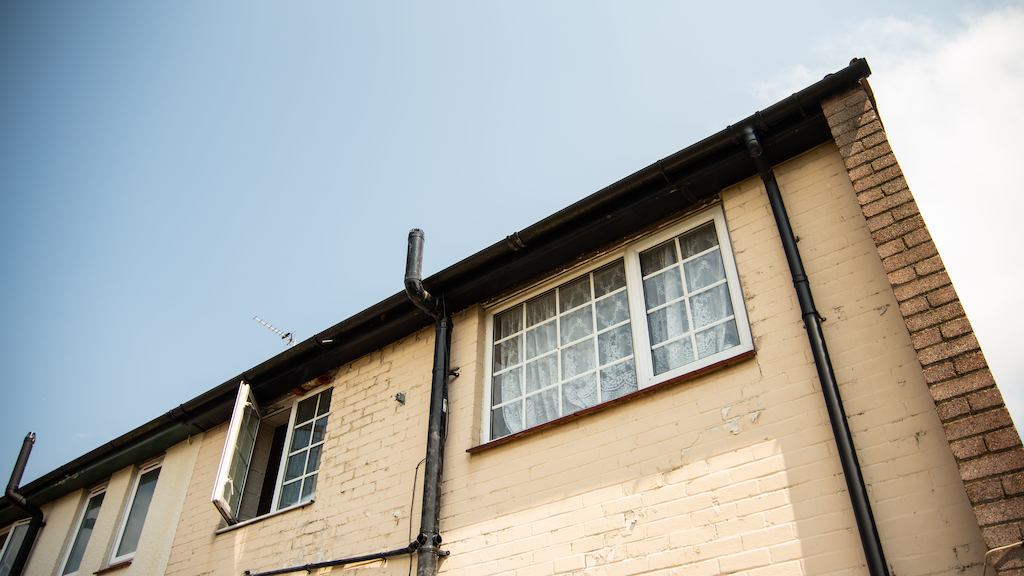National energy blackouts this winter would put more than 1.6 million people at heightened risk of a serious injury in their own home because of the poor quality of their property, analysis from Ageing Better reveals.
Should the country suffer an energy supply shortage this winter, the government has reportedly prepared crisis plans for a series of rolling three-hour power cuts, with regions of the UK taking it in turn to go dark in the late afternoon and early evening.
Such drastic measures would pose a particular risk for the occupants of the more than 1.6 million non-decent homes in the UK with a category 1 falls hazard – around 1 in 14 of the nation’s entire housing stock. This risk rises in the 660,000 non-decent homes with a category 1 falls hazard that are headed by someone aged 55 and over.
Falls in the home cost the NHS £374 million every year to treat along with additional and substantial social care and other associated costs. For individuals, they can be life-changing. It can mean a lengthy stay in hospital, reduced mobility and independence and, in some cases, the start of a need for carers to help with everyday activities like getting dressed. At the heart of this issue is the fact that too little resource has been committed to ensuring that homes remain safe and warm for the duration of the building’s life.
The Centre for Ageing Better is calling for:
- A national retrofit programme to reduce the amount of energy lost through inefficient homes
- An independent, one-stop-shop in every community offering trusted advice and support to help people make their homes warmer and safer
- Minimum accessibility standards for all new build homes which will help reduce the risks of falls
Over the next 25 years, the number of households with someone aged over 85 will almost double. We're calling for greater resources to be made available to ensure that homes remain suitable and adaptable for the needs of people as they age. The increased risk of falls within the home are just one of serious concerns, particularly for older people, that the prospect of an energy crisis winter poses.
We will continue to raise the alarm about energy costs with many older people in homes with poor energy efficiency set to pay well in excess of the government estimates of a typical household’s annual bill of £2,500 under the Energy Price Guarantee.
Older people are already cutting back on energy use more than any other age group despite the health risks this may pose. Cold weather can be deadly but especially so in the UK where around 10,000 people die in cold homes every year. The UK has a high excess winter mortality, far greater than in much colder European countries such as Norway.
It is estimated that 1 in 10 excess winter deaths are directly attributable to fuel poverty and more than 1 in 5 to cold homes. Ageing Better also has concerns around what support has been considered for older people who have a specific dependence on electrical devices, such as medical equipment, personal alarms, and telephone landlines, for their health and security.

